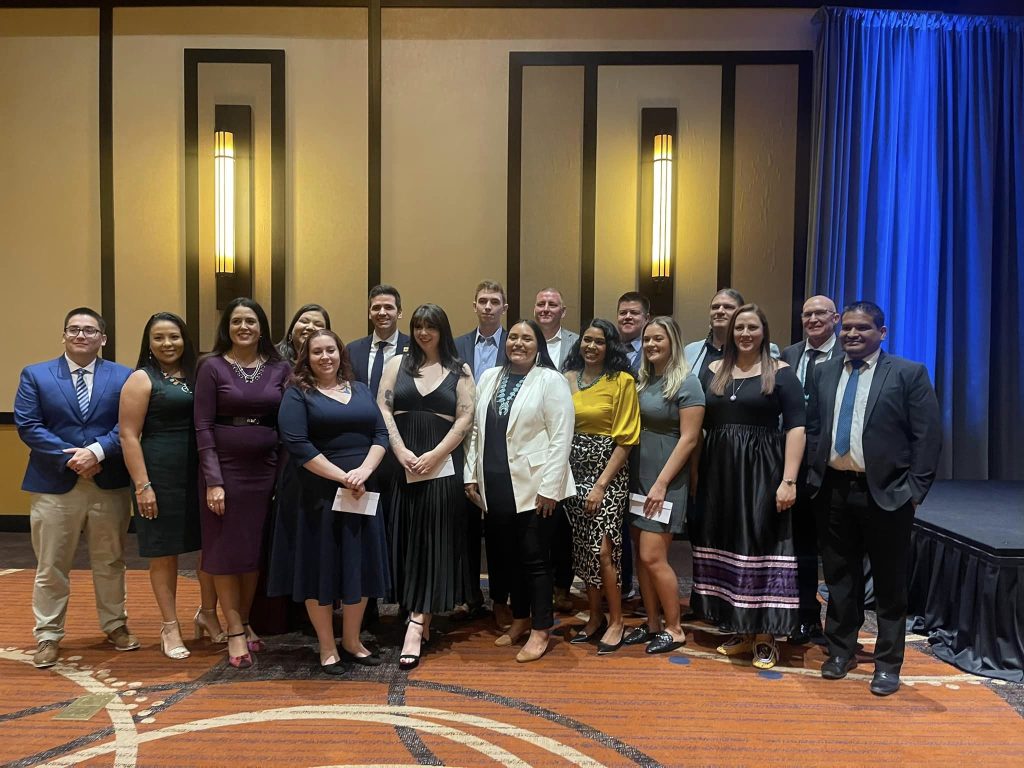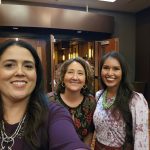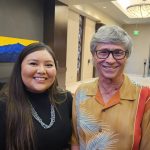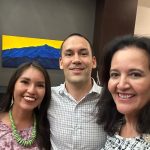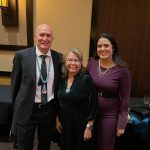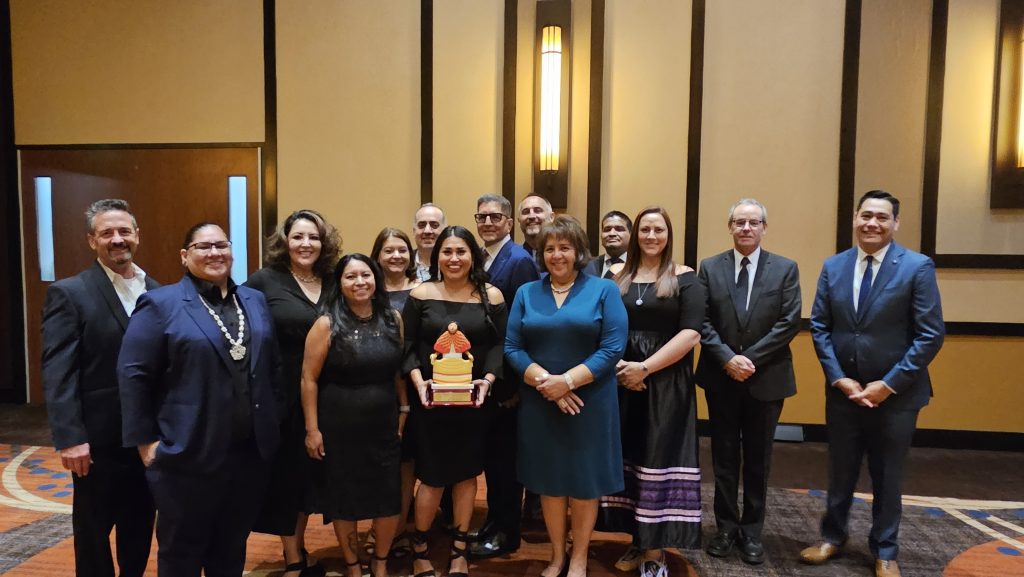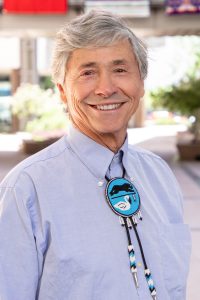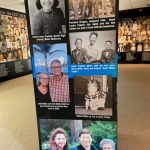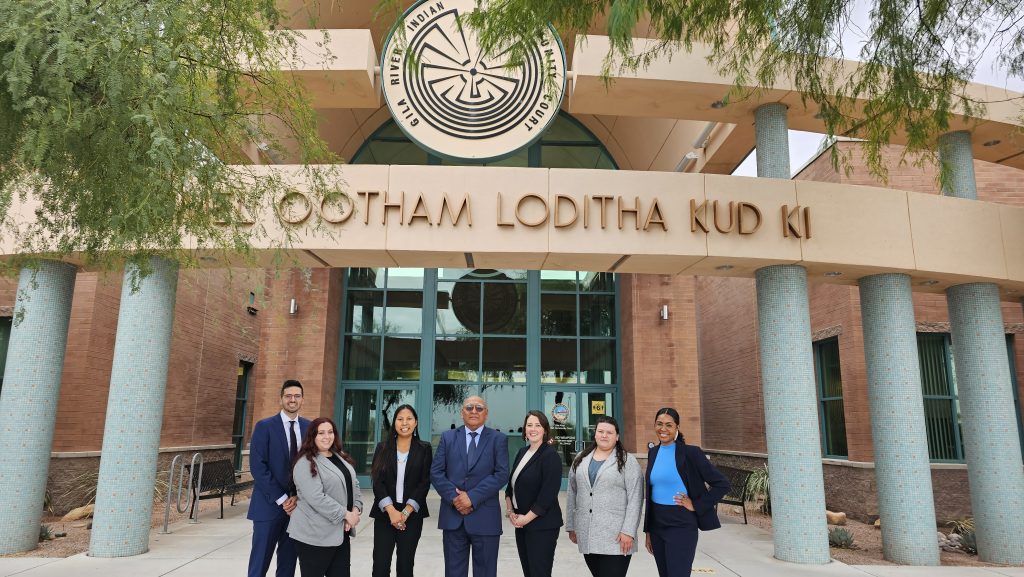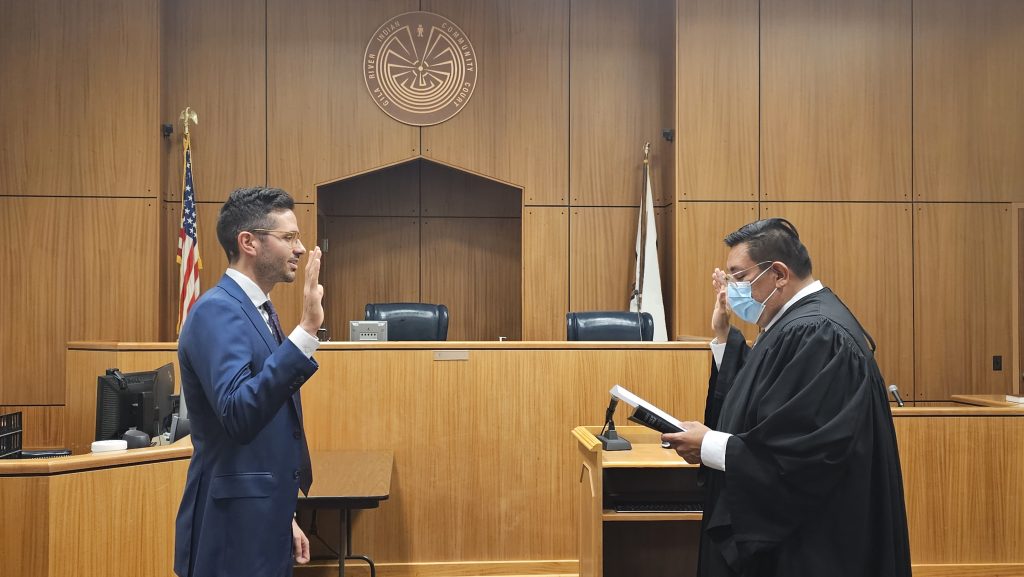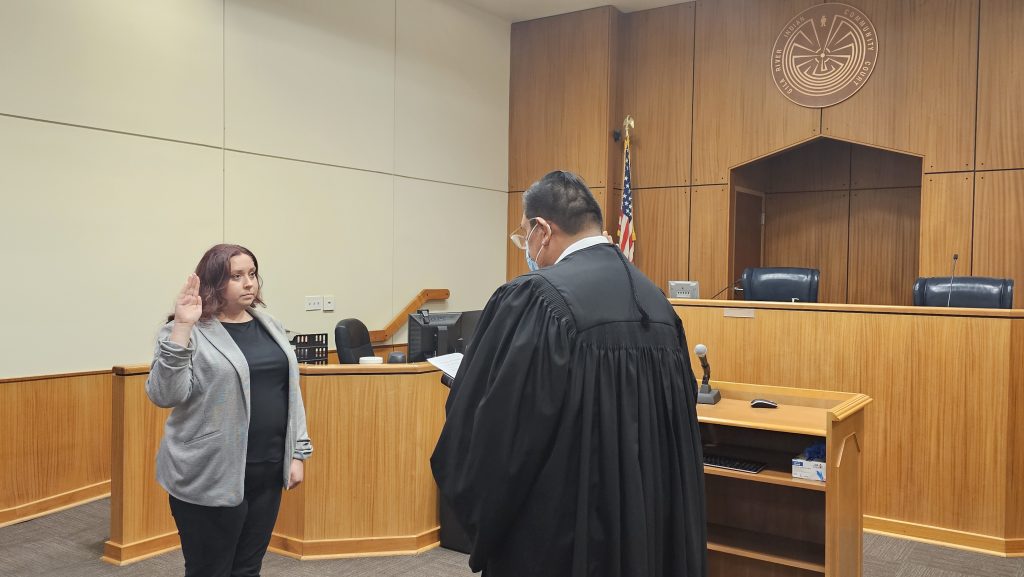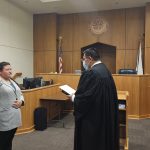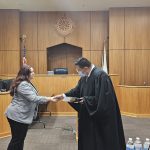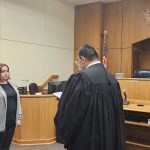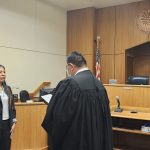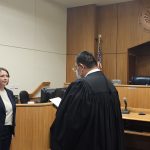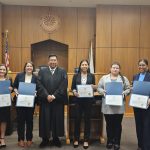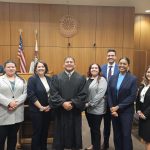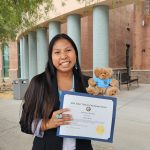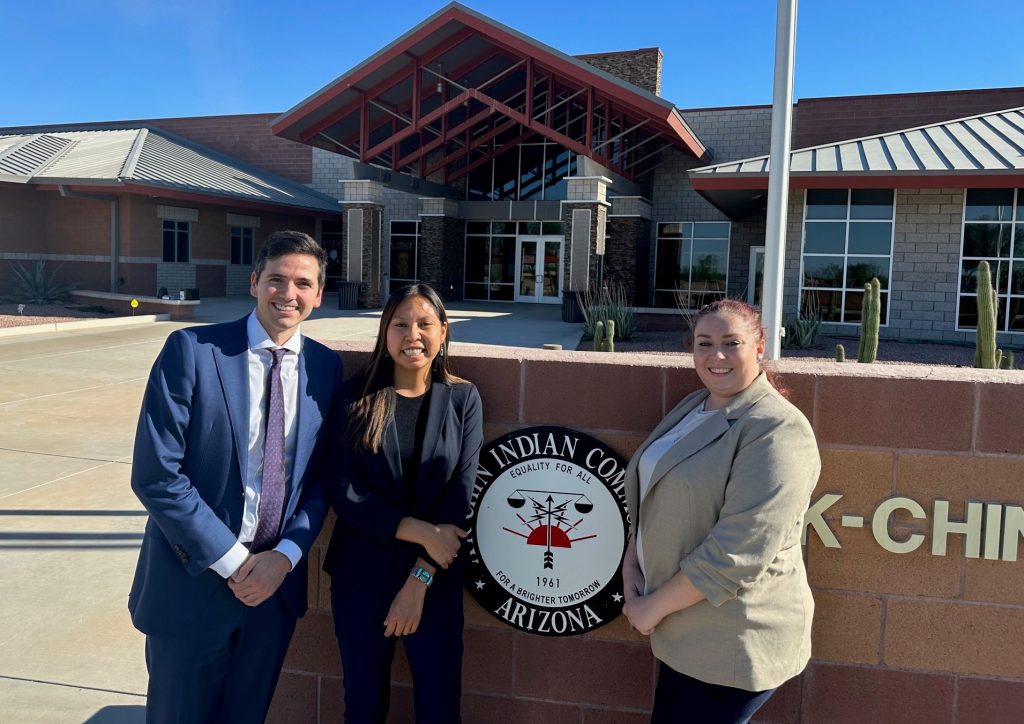Office of the Solicitor
U.S. Department of the Interior, Division of Water Resources
Attorney-Advisor. Phoenix, Arizona (Telework eligible). The Solicitor’s Office performs a wide variety of the legal work for the United States Department of the Interior. The selected Attorney-Advisor will report to the Division of Water Resources, Branch of Water and Power and provide legal advice on and legal services for matters pertaining to various federal agencies but primarily to the Bureau of Reclamation, including guidance related to federal water-related contracts with Reclamation water users in the western states, including municipalities, water and irrigation districts, and Native American tribes, and interpretation of western water law, laws and regulations of general applicability to Federal agencies, such as the Federal Land Management and Policy Act, National Environmental Policy Act, Endangered Species Act, and other relevant federal laws. Applicants should have the ability to interact and negotiate with Tribes, States, and local governmental entities, regarding contracts, agreements, and other matters.
In addition, SOL attorneys perform the legal work of the Interior and represent the Interior in administrative hearings. SOL works in conjunction with the Department of Justice in representing the Interior in judicial proceedings throughout the United States. SOL also provides legal assistance in drafting and reviewing proposed legislation, regulations, contracts, title documents, and other legal instruments. Closing date: Friday, October 27, 2023.
More information
Position Title: Attorney-Advisor
Series/Grade: GS-0905-12/13/14 (FPL 14)
Duty Station: Phoenix, AZ
Open Period: 10/13/2023 to 10/27/2023
Announcement #: SOL-DWR-24-VN-003 (EXC)
USAJOBS Posting: USAJOBS – Job Announcement

